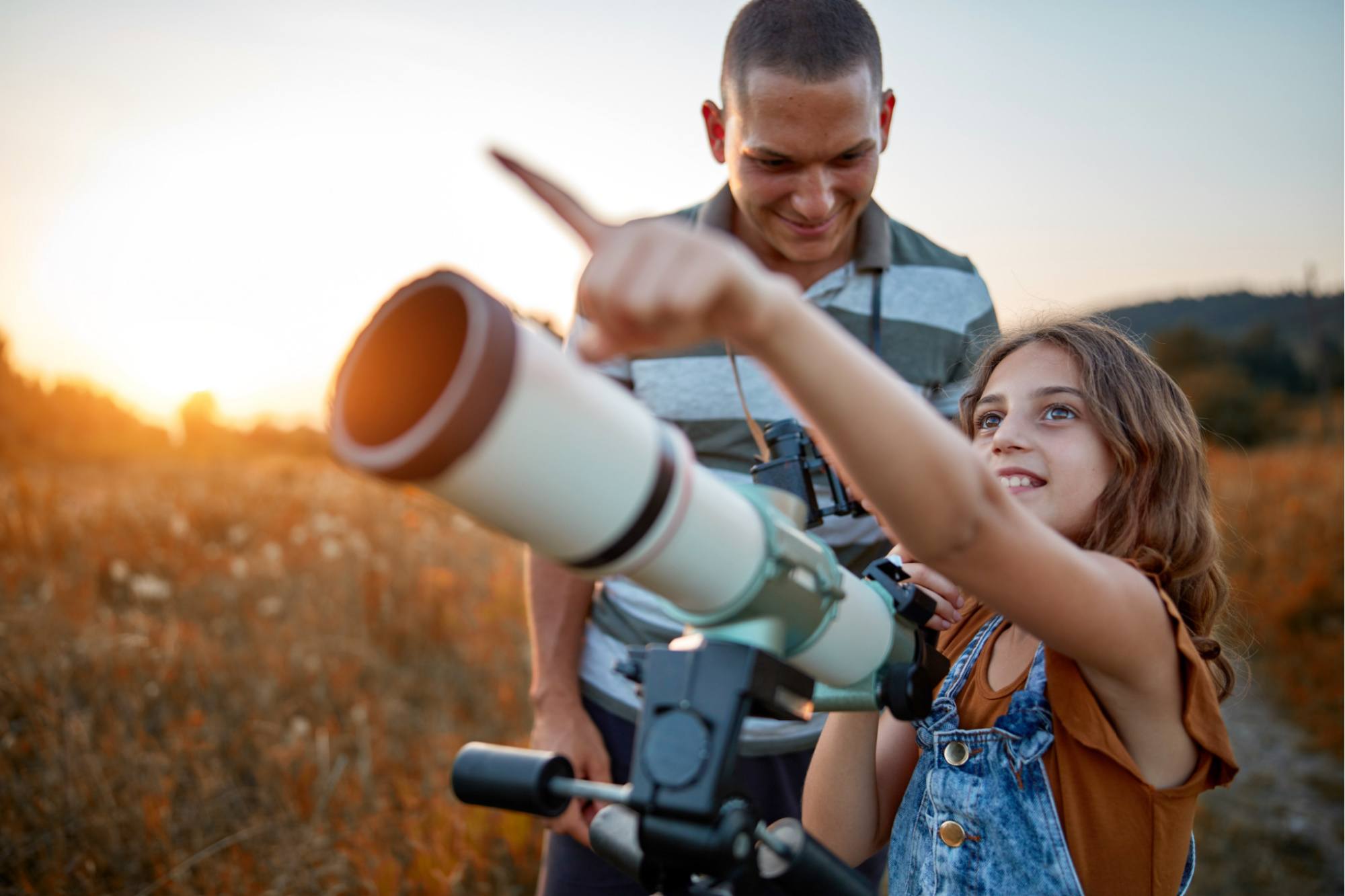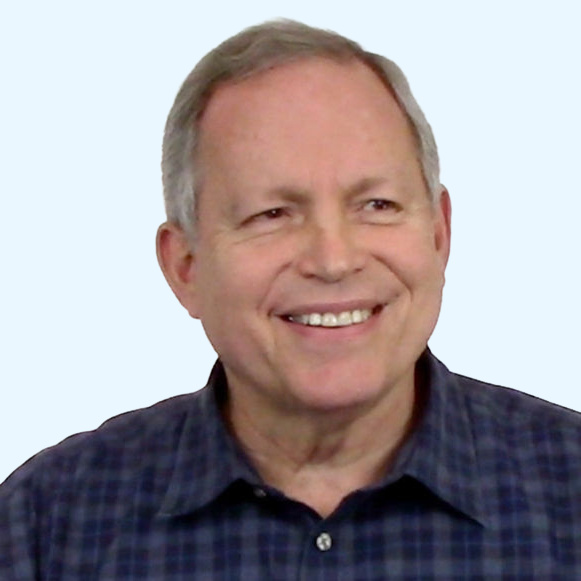Exposure and Awareness
As a young fifth grader, I once watched a film about the first man in the world to synthesize an artificial diamond. The footage of his laboratory work—with equations, piles of books, and enormous pieces of equipment—was fascinating to me. I remember thinking at the time, “I want to do something like that someday.”
I forgot about that moment for many years. During my freshman year of college, while working in chemistry lab, my graduate teaching assistant offered me a graduate research position in a prestigious university laboratory. They gave me my own office—which I thought was very cool—and gave me free rein to do a wide variety of experiments in high-pressure, high-temperature chemistry.
One day I showed up to work and looked at the piece of equipment I was using—which created pressures up to 1.5 million pounds per square inch, along with temperatures exceeding 1000 degrees Centigrade.
And then I remembered the equipment I had seen in the film in fifth grade. They were nearly identical, and I realized that I was working for the same man depicted in the film, H. Tracy Hall, then the only Distinguished Professor of Chemistry at the university.
I was stunned how events had come together.
Age fourteen, I was given an opportunity to hear a motivational speaker, and I was astonished at his ability to tell so many stories, and to create metaphors from them. I was intimidated, in fact, wondering where a person could acquire such a wide variety of experiences.
At the end of his talk, I thought that some day I would like to have enough experiences in life to be able to create metaphors like that and motivate people to elevate their behavior closer to their potential.
Many, many years later, as I was telling stories and metaphors to a large audience, I remembered my experience at age fourteen, and I smiled.
Why am I telling you these stories? As I paid close attention to my experience in the fifth grade and at age fourteen, I planted seeds in my brain, that would grow and make me more aware of opportunities that would lead to the fulfillment of goals set at a young age.
Exposure and awareness led me to gather the experiences that created fulfillment of long-held dreams.
Teaching Children to Be More Aware
We can help our children to have guiding experiences like this. We can take them to lectures, seminars, science fairs, museums, and exhibitions that are appropriate for their age group, and then we can ask them provocative questions and offer helpful suggestions:
- What did you like about that event?
- Did you notice how the speaker gathered events from a lifetime of experiences in order to teach us? You can do that too, one step at a time.
- Did you see or hear anything that would interest you as a potential hobby or career in the future?
- Tell me something you do at school—or opportunity you could use—that you could use to prepare you to be able to do something like the speaker described.
Emphasize that you’re not trying to get your child to occupy himself with anything the speaker talked about, only to consider that there might have been something in the presentation that would be interesting or useful to your child later in life.
If we teach our children to be aware of what is happening around them—if we help them see events they might otherwise have missed—we can prepare them for experiences, enrichment, and even careers that would pass them by without our guidance.
The world is filled with wondrous events, but often we miss them if we’re not consciously paying attention. We can help our children to be more aware.


